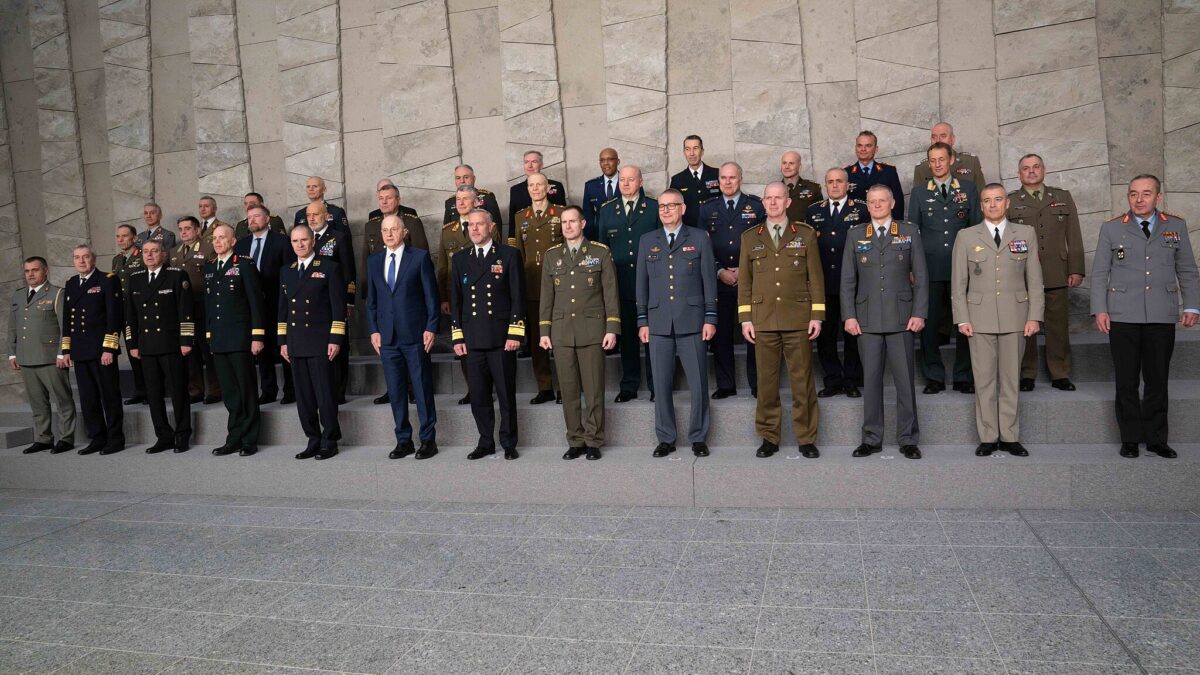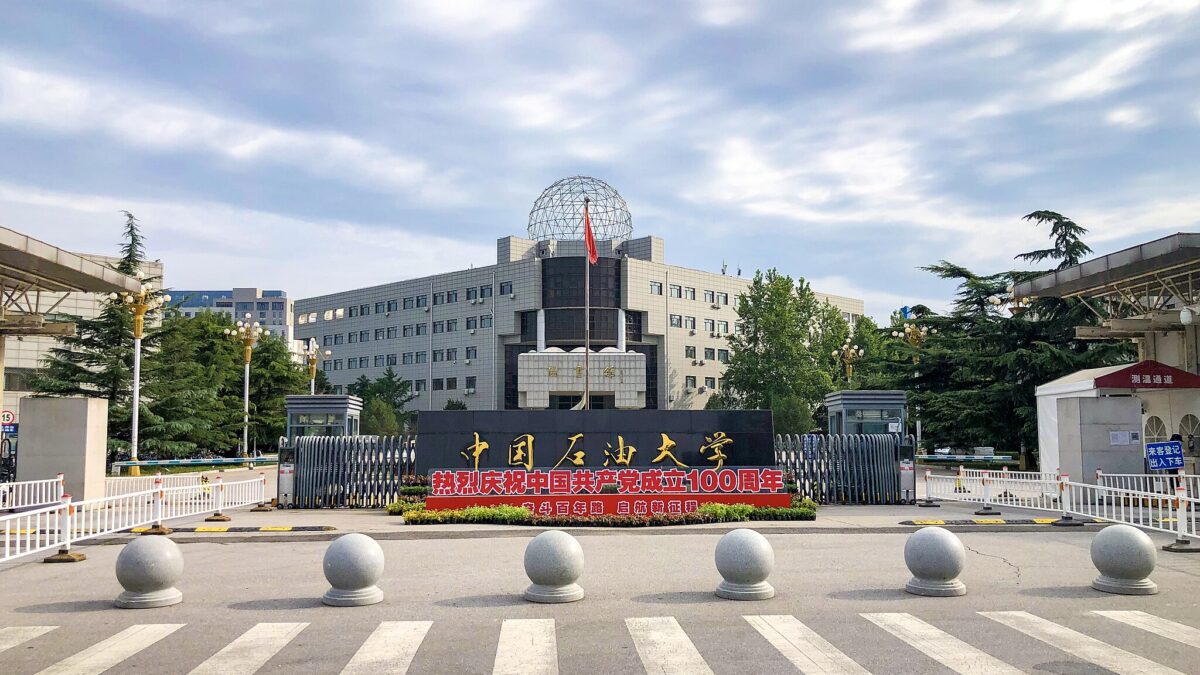
In the days after the joint U.S.-France-UK military strike against Assad regime chemical weapon facilities in Syria, I can’t help but be amazed there has been more outrage opposing the military strike than opposing Assad, who used chemical weapons on his own people, including children. Questions have been raised about why the use of chemical weapons caused such a strong reaction from Western powers. Many people around the world, including many in the U.S., either forget, or have no idea, about the horror that chemical weapons cause.
Maybe it’s time to revisit the ugly history of chemical weapons and why the world needs to take a strong stand against them.
Human beings have used poisonous weapons against one another for thousands of years. But the first large scale deployment of industrial grade chemical weapons in modern warfare took place exactly 103 years ago this Sunday, April 22. The German army, trying to break a military stalemate with the allied troops, deployed 5,730 chlorine gas cylinders along a 4-mile road outside Ypres, Belgium. Chlorine was chosen because it can be produced cheaply and in large quantities without taking any resources away from making other conventional weapons.
According to eye witness accounts, when the German soldiers opened the chlorine gas valves, the French soldiers on the other side saw “queer greenish-yellow fog.” They were curious what it was. But soon:
… passive curiosity turned to active torment — a burning sensation in the head, red-hot needles in the lungs, the throat seized as by a stranger. Many fell and died on the spot. The others, gasping, stumbling, with face contorted, hands wildly gesticulating, and uttering horse cries of pain, fled madly through the villages and farms and through Ypres itself, carrying panic to the remnants of the civilian population and filling the roads with fugitives of both sexes and all ages.
More than a century later, Assad used the same chlorine gas on the Syrian people.
It was that first introduction of chlorine gas on the battlefield that opened an ugly chapter in modern warfare. The Allies quickly developed their chemical weapons and used them in counter attacks. Thus began the chemical weapon race. Then in 1917, Germany introduced mustard gas, probably not the most lethal, but the most feared. Mustard gas can penetrate protective gear made of leather, rubber and most textile. It produces a toxic vapor that hurts the eyes, nose, throat, lungs and skin. Victims of mustard gas have a 12-hour delayed reaction, which lets them unknowingly contaminate other people they come into contact with.
Here’s what happens when the impact of mustard gas finally hits:
… it began to rot the body, within and without. The skin blistered, the eyes became extremely painful and nausea and vomiting began. Worse, the gas attacked the bronchial tubes, stripping off the mucous membrane, the pain was almost beyond endurance and in most cases [victims] has to be strapped to their beds.
Death caused by mustard gas usually involves several weeks of excruciating suffering. Many victims committed suicide because they couldn’t stand the unbearable pain. Those who survived would experience temporary or permanent blindness. One of the most iconic photos from World War I is a group of British soldiers who were blinded by mustard gas waiting in line to be treated.
By the end of the WWI, about 125,000 tons of poison gas had been deployed by both sides. Chemical weapons weren’t the most lethal weapons used in WWI — they were responsible for less than 1 percent of total WWI fatalities. But they generated such psychological terror on soldiers and civilians that people called for banning the use of chemical weapons as soon as the war ended. The result of this global effort was the 1925 Geneva Protocol for the Prohibition of the Use of Asphyxiating, Poisonous or Other Gases, and Bacteriological Methods of Warfare.
Unfortunately, the Geneva Protocol only prohibited the use of chemical weapons, not the development of chemical weapons. A number of countries continued to develop stockpiles of chemical weapons. When World War II started, many expected even worse horrors caused by chemical weapons. But, contrary to such expectations, no chemical weapons were used on battlefields in continental Europe. Maybe the warring parties were worried about retaliation, or the memories of the evil consequences of chemical weapons were still raw. After WWII, the international community continued to push for the ban of chemical weapons. The Organization for the Prohibition of Chemical Weapons currently has over 80 nation members.
The world didn’t witnessed chemical weapons being used in modern warfare again until the Iran-Iraq war (1980-1988), when Iraq used chemical weapons such as nerve agents Tabun and mustard gas against Iranian troops. Approximately 30,000 Iranians are still suffering and dying from the effects of these chemical weapons today.
It seems that after decades of relative peace around the world, people gradually forget their fear of chemical weapons and the unspeakable suffering chemical weapons cause, which leads us to the largely muted reaction today toward Assad and his usage of chemical weapons against the Syrian people. It’s time to remind the world again that chemical weapons are an evil invented by human beings. Anyone and any regime who uses chemical weapons against anyone else commits a crime against humanity. Thus, the rest of the world needs to take a strong stand against such crime.
It’s true that the joint U.S.-France-UK strike won’t do much to resolve the current conflict in Syria. I’m pessimistic on the prospect that anyone has a good strategy in that regard. But the mission of the latest military strike wasn’t meant to be a solution to this complex conflict. The strike is a morally imperative action to take in order to send a message not only to Assad, but also to other rogue regimes (i.e. North Korea) that possess chemical weapons, that using such weapons is not acceptable and won’t be tolerated.









